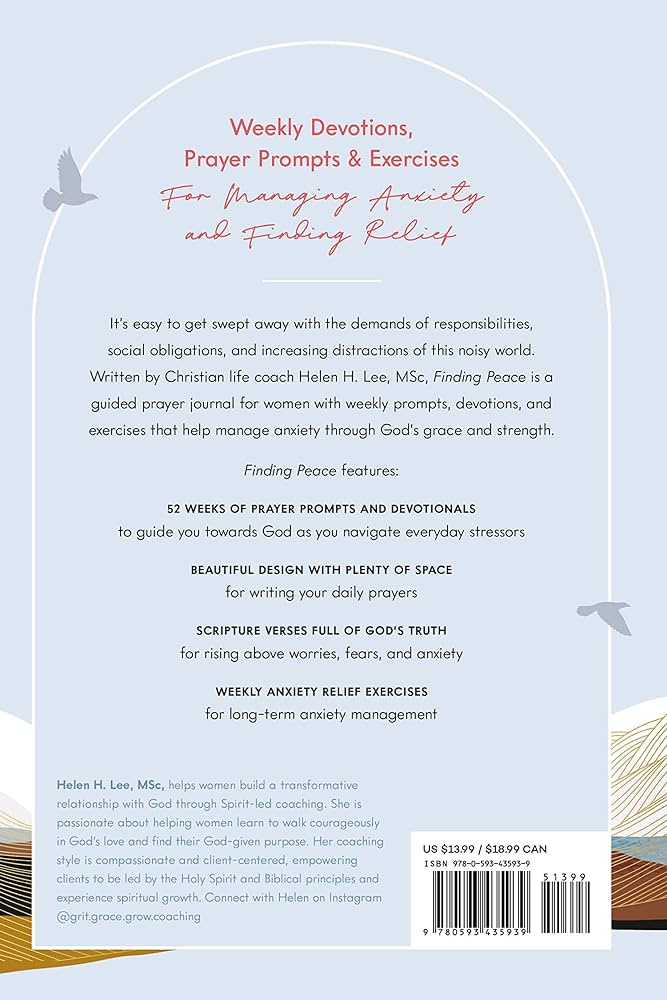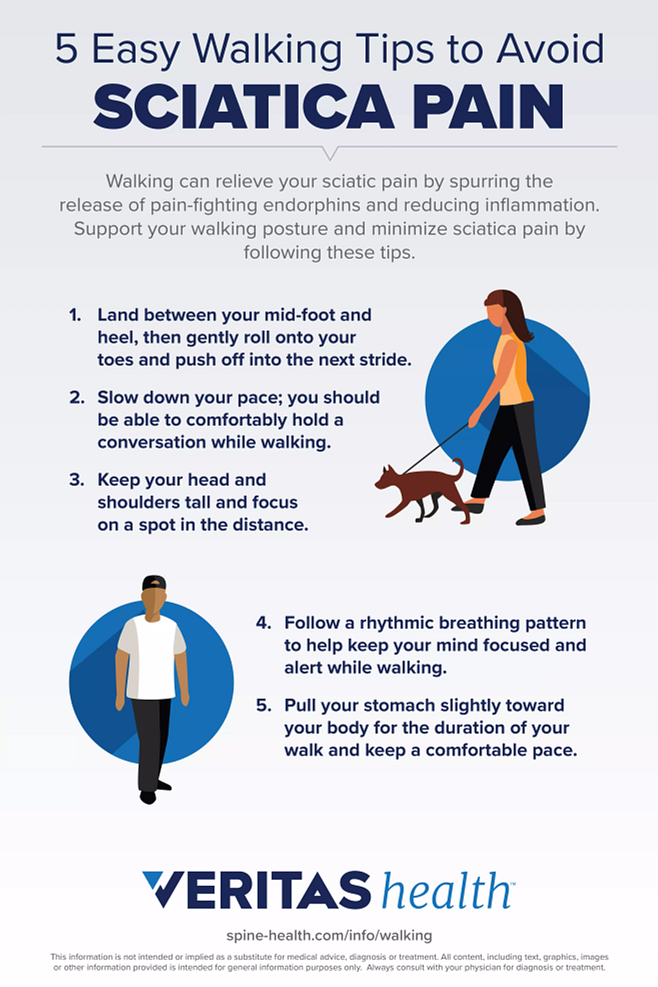Why Does Walking Help Anxiety : The Transformative Connection
Walking helps anxiety by releasing endorphins and reducing stress hormones, promoting a sense of well-being. It is a natural and effective way to calm the mind and improve mood, making it an ideal exercise for managing anxiety.
Engaging in regular walks allows individuals to connect with nature, practice mindfulness, and increase physical activity levels, all of which contribute to a more balanced mental state. As a low-impact and accessible form of exercise, walking can be easily incorporated into daily routines, offering both physical and mental health benefits.
Whether taking a leisurely stroll in the park or a brisk walk in the neighborhood, the simple act of walking has the power to alleviate anxiety and enhance overall well-being.

Credit: m.facebook.com
1. Physical Benefits
Walking offers numerous physical benefits that can help alleviate anxiety. Regular walking helps to increase blood flow, release endorphins, reduce muscle tension, improve sleep quality, and boost overall well-being.
1.1 Increased Blood Flow
Walking has numerous physical benefits that can help alleviate anxiety. One of these benefits is the increase in blood flow throughout the body. When we walk, our heart rate increases, and this causes our blood vessels to expand, allowing blood to flow freely. This improved circulation delivers essential nutrients and oxygen to our brain and other organs, promoting their optimal functioning. Furthermore, the increased blood flow helps to flush out toxins and waste products, reducing inflammation in the body. By improving blood flow, walking helps to enhance our overall physical well-being, which is closely linked to our mental health.1.2 Reduced Muscle Tension
Another physical benefit of walking is the reduction of muscle tension. When we experience anxiety, our muscles tend to tighten, leading to discomfort and pain. Walking helps to alleviate this tension by engaging the muscles in a rhythmic and repetitive motion. As we walk, our muscles stretch and contract, releasing built-up tension and promoting relaxation. This gentle exercise not only targets specific muscle groups but also encourages overall body movement, further aiding in the release of tension. By reducing muscle tension, walking provides relief from the physical symptoms associated with anxiety, allowing the body to experience a sense of relaxation and calmness. In summary, walking offers several physical benefits that can help alleviate anxiety. By increasing blood flow, it promotes the optimal functioning of our brain and other organs, while also detoxifying the body. Additionally, walking reduces muscle tension, providing relief from discomfort and promoting relaxation. Incorporating regular walks into our routine can significantly contribute to our physical well-being, ultimately benefiting our mental health as well. So, put on your walking shoes and take a step towards a healthier body and a calmer mind.
Credit: www.linkedin.com
2. Psychological Benefits
Walking provides psychological benefits for anxiety by releasing endorphins that boost mood and reduce stress. It also allows for mindfulness, promoting relaxation and a sense of calmness, making it an effective natural remedy for managing anxiety.
2.1 Improved Mood
Walking boosts the release of endorphins, improving mood. It enhances feelings of well-being.2.2 Lowered Stress Levels
Physical activity, like walking, reduces cortisol, reducing stress. It promotes relaxation and calmness. Walking brings psychological benefits.2.1 Improved Mood
Walking releases endorphins which enhance well-being.2.2 Lowered Stress Levels
Walking reduces cortisol levels, promoting calmness.3. Connection To Nature
3. Connection to Nature
Engaging with nature can significantly impact our mental well-being. It provides a sense of tranquility and comfort, which greatly benefits those dealing with anxiety.
3.1 Boosted Mental Clarity
Spending time in nature while walking helps clear the mind of anxious thoughts, allowing for better cognitive functioning and sharper mental clarity.
3.2 Enhanced Sense Of Well-being
Immersing oneself in natural surroundings during a walk fosters an enhanced state of well-being, reducing symptoms of anxiety and promoting a more positive outlook on life.

Credit: www.amazon.com
4. Social Benefits
Walking not only provides physical and mental benefits but also offers several social advantages. Engaging in regular walking routines can significantly improve your social life and contribute to reducing anxiety levels. Let’s explore some of the key social benefits that walking can provide:
4.1 Opportunities For Social Interaction
Walking presents ample opportunities for social interaction, allowing you to connect with others and form meaningful relationships. Whether you walk alone, with a friend, or in a group, it creates a conducive environment for conversation and bonding. You can use this time to catch up with a loved one, engage in light-hearted banter, or even discuss your anxieties and challenges. Sharing your thoughts and feelings with someone you trust can provide relief and make you feel supported.
4.2 Promotes Feelings Of Belonging
Walking regularly in your community or joining walking groups can promote feelings of belonging and enhance your sense of community. By engaging in shared physical activity, you become part of a larger network of like-minded individuals who understand and support each other’s well-being. This sense of belonging can foster a sense of security, reducing feelings of isolation and anxiety. Regularly seeing familiar faces, exchanging smiles or greetings, and being part of a collective effort can promote a sense of camaraderie and improve your overall mood.
Frequently Asked Questions For Why Does Walking Help Anxiety
How Long Should You Walk To Reduce Anxiety?
Walking for 30 minutes daily can help reduce anxiety. Regular exercise boosts endorphins and reduces stress.
What Is The 3 3 3 Rule For Anxiety?
The 3-3-3 rule for anxiety is a grounding technique. Notice three things, listen to three sounds, and move three body parts. This can help manage anxiety by bringing attention to the present moment. It’s a simple and effective way to calm the mind.
What Is The Best Remedy For Anxiety?
The best remedy for anxiety includes therapy, exercise, mindfulness, deep breathing, and proper sleep habits.
How Do I Calm My Anxiety In The Moment?
To calm anxiety in the moment, take deep breaths, focus on your senses, try progressive muscle relaxation, practice mindfulness, and engage in soothing activities.
Conclusion
Walking offers a natural way to alleviate anxiety by reducing stress hormones. Incorporating this simple routine into your daily life can have significant mental health benefits. Embrace the power of walking to boost your mood and overall well-being. Step by step, find your path to a calmer mind.





